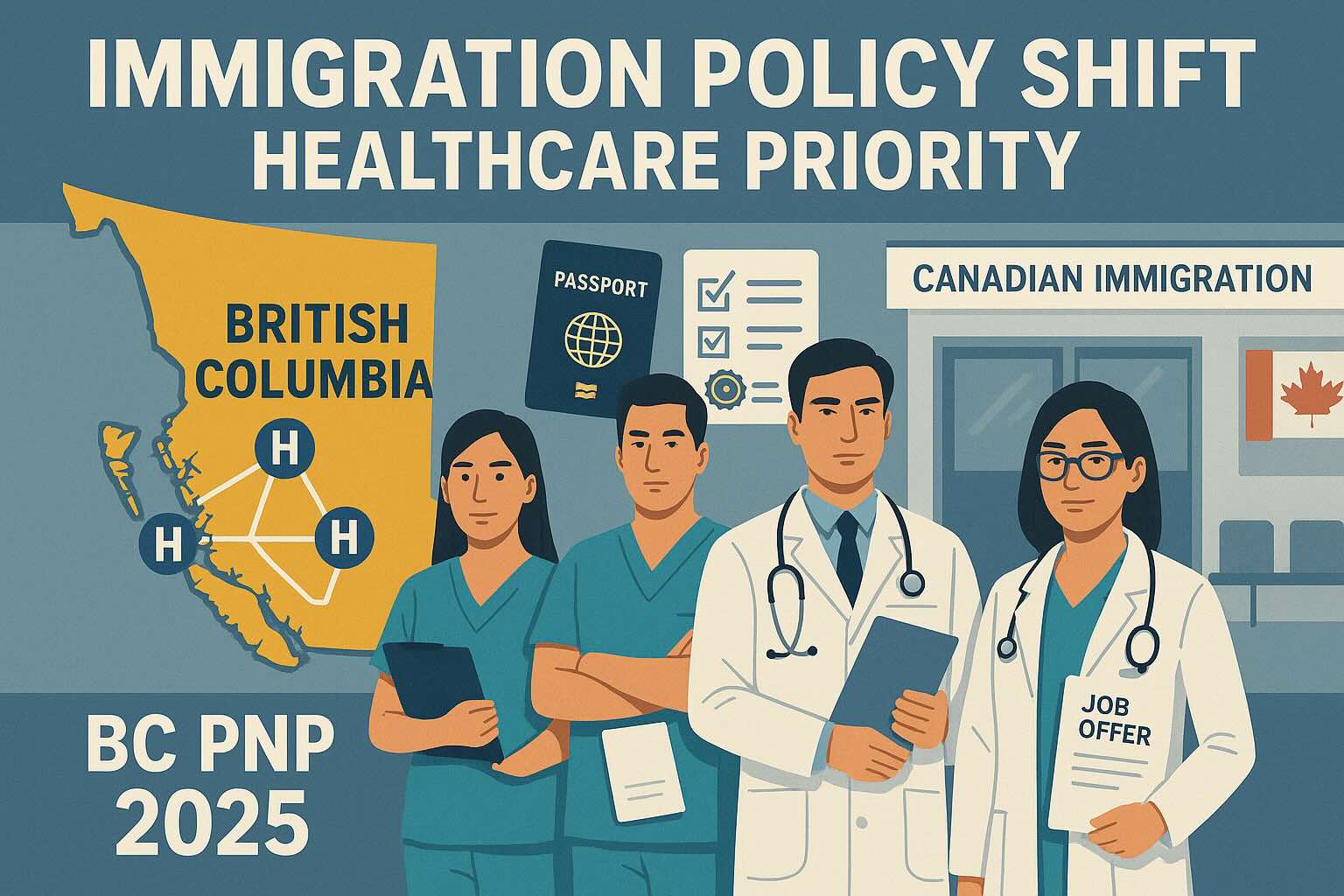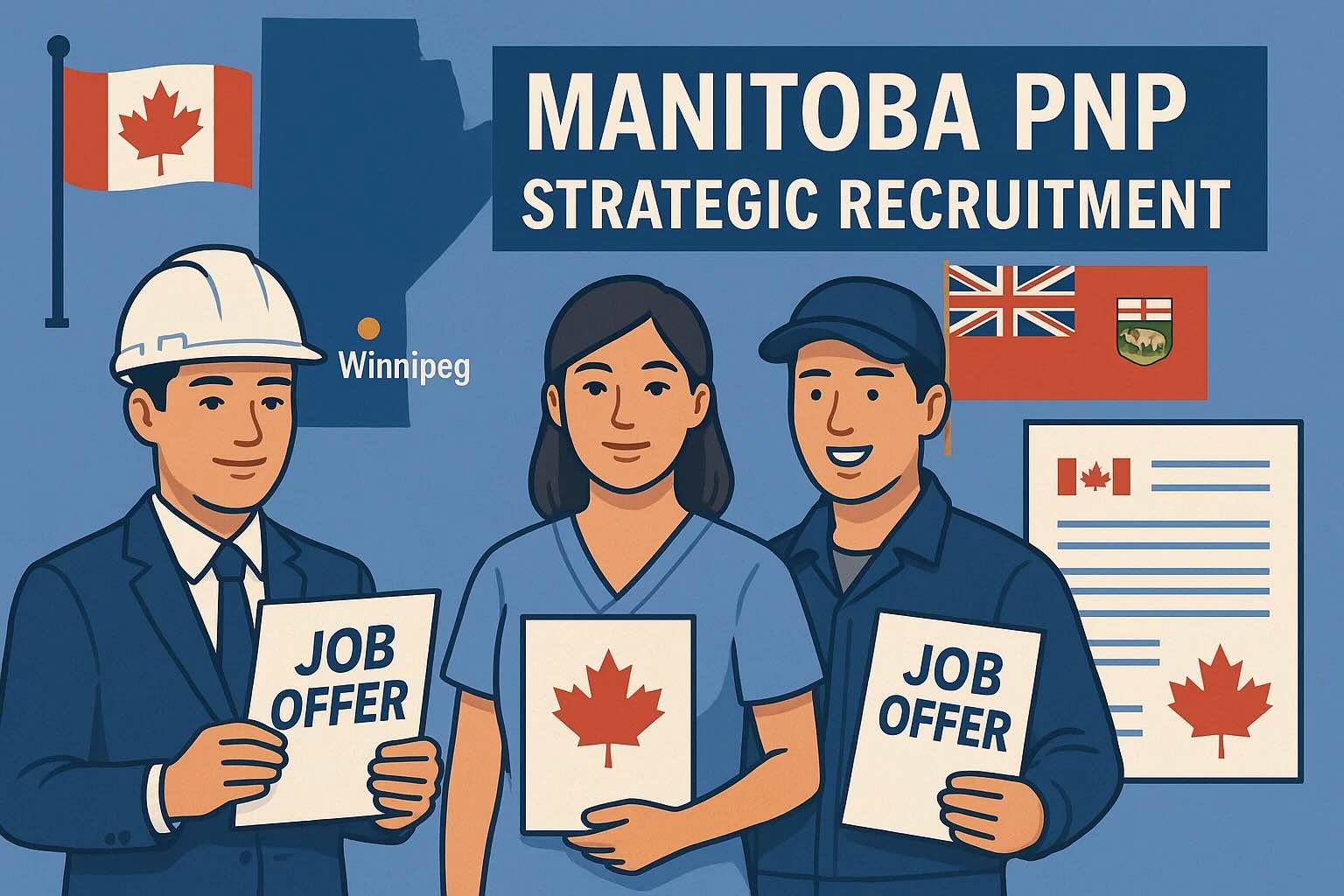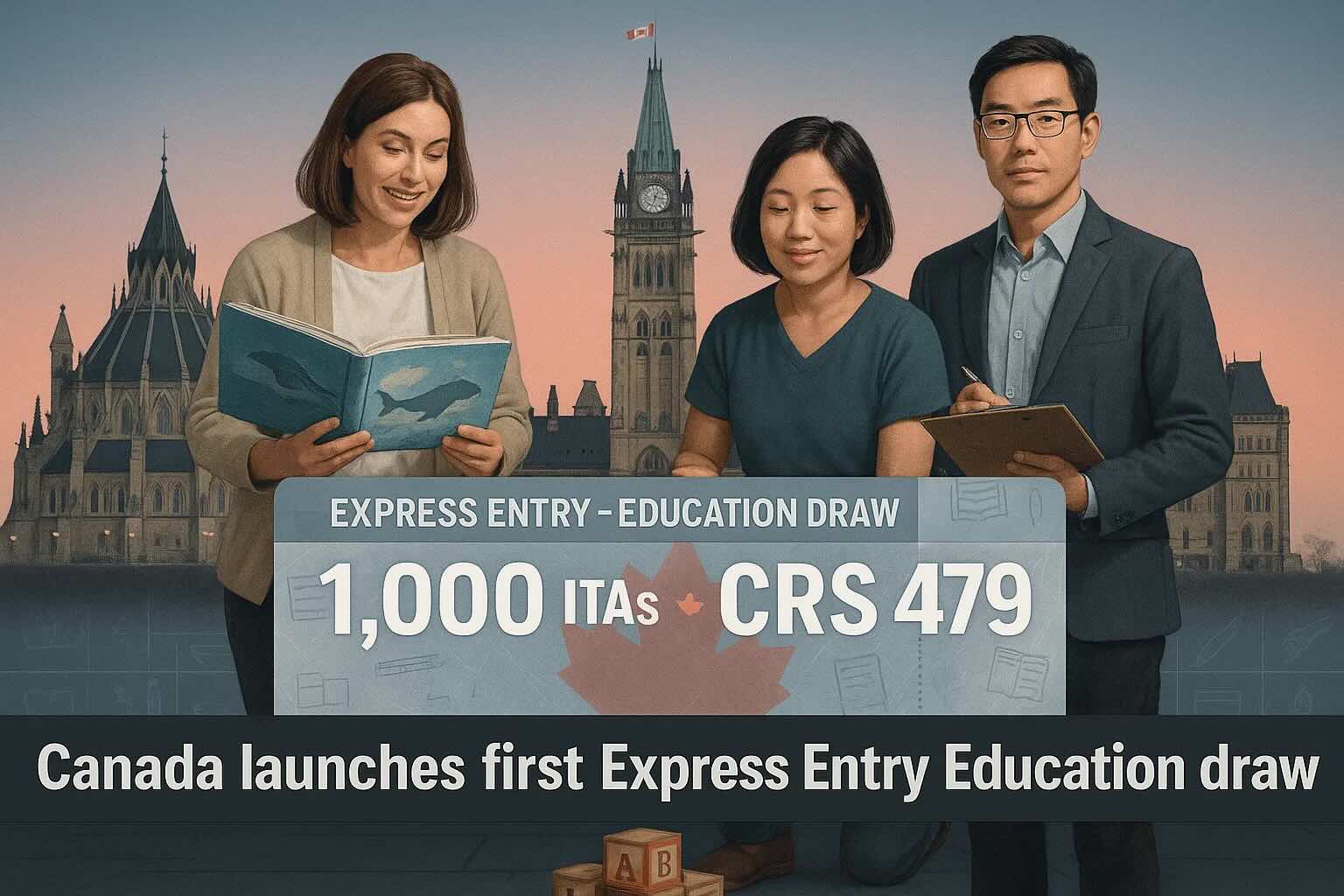On April 15, 2025, the Government of Manitoba officially announced the launch of a special work permit policy for candidates under the Manitoba Provincial Nominee Program (MPNP). This policy allows foreign nationals who are at risk of losing their legal status while waiting for immigration processing to apply for a work permit valid for up to two years. Supported by a federal Temporary Public Policy, this initiative aims to ensure that candidates with ongoing employment can continue contributing to the local economy without interruption.
Eligible Groups and Basic Requirements
Under the new policy, applicants must meet all of the following criteria to be eligible for the special work permit:
- Hold a work permit which will expire within 45 days, or have held a work permit which expired in 2024 or 2025;
- Have been continuously residing in Manitoba since before January 15, 2025;
- Have had on January 15, 2025 a valid MPNP Expression of Interest profile, and still have a valid profile; and
- Have a letter of employment from their current employer in Manitoba.
The applicant must also meet additional requirements set by the federal Immigration, Refugees and Citizenship Canada (IRCC) under the Temporary Public Policy (see below).
Note: Applicants who have received a formal Letter of Advice to Apply (LAA) from MPNP are not eligible for this special work permit policy.
Application Process in Detail
Applications open on April 22, 2025, and the process involves two steps:
- Submit a request via the official MPNP website to obtain a Support Letter;
- After receiving the Support Letter, apply for the special work permit from Immigration, Refugees and Citizenship Canada (IRCC).
Applicants must upload the following materials:
- A screenshot or official proof of their valid EOI profile;
- A letter of employment verification from their current employer;
- And one of the following three documents:
- Your current work permit;
- Proof of authorization to work; or
- Proof that, as of May 7, 2024, you held a valid work permit and have since applied for restoration of your temporary resident status (under section 182 of Immigration and Refugee Protection Regulations).
Important: Even if all eligibility criteria are met, the Province of Manitoba reserves the right to limit the number of Support Letters issued. Submission of an application does not guarantee approval.
Linkage with the Federal Temporary Public Policy
This special work permit policy is built upon the Temporary Public Policy issued by IRCC on August 11, 2024. The federal policy allows certain provincial nominee candidates to obtain transitional work permits during the immigration process to help maintain lawful status.
Applicants must also meet at least one of the following federal conditions:
- Holding a valid work permit;
- Having held a work permit on May 7, 2024 that has since expired, and having since either applied for an extension of authorization or restoration of status; or
- Having held maintained status on May 7, 2024, and having submitted a work permit extension application permit prior to this date—with the application being currently pending or having been approved.
Policy Background and Significance
For a long time, foreign workers who are provincial nominee candidates have faced the risk of losing their legal status while waiting for permanent residence approval. This risk is especially high due to limitations on the duration of Post-Graduation Work Permits (PGWP) or delays caused by the suspension of Labour Market Impact Assessments (LMIA) under the Temporary Foreign Worker Program (TFWP).
In the past, only individuals who had already submitted a permanent residency application were eligible to apply for a Bridging Open Work Permit (BOWP). Provincial nominee candidates, however, had no similar options. This special work permit policy from Manitoba is designed as a critical supplemental mechanism specifically for this group.
Malaya Marcelino, Minister of Labour and Immigration for Manitoba, stated in a press release:
“By allowing eligible individuals to extend their work permits, we’re helping more workers and families continue to build their lives in Manitoba. This is a strong investment in our economy, our businesses, and our communities.”
Conclusion
This new policy is a proactive collaboration between the Manitoba provincial government and the federal government. It is designed to provide legal and institutional support for immigrants who are employed and contributing steadily, while also strengthening the local labor market and supporting Manitoba employers.
Eligible individuals are strongly encouraged to act quickly and take advantage of this critical application window to ensure they apply within the valid period of the policy.









